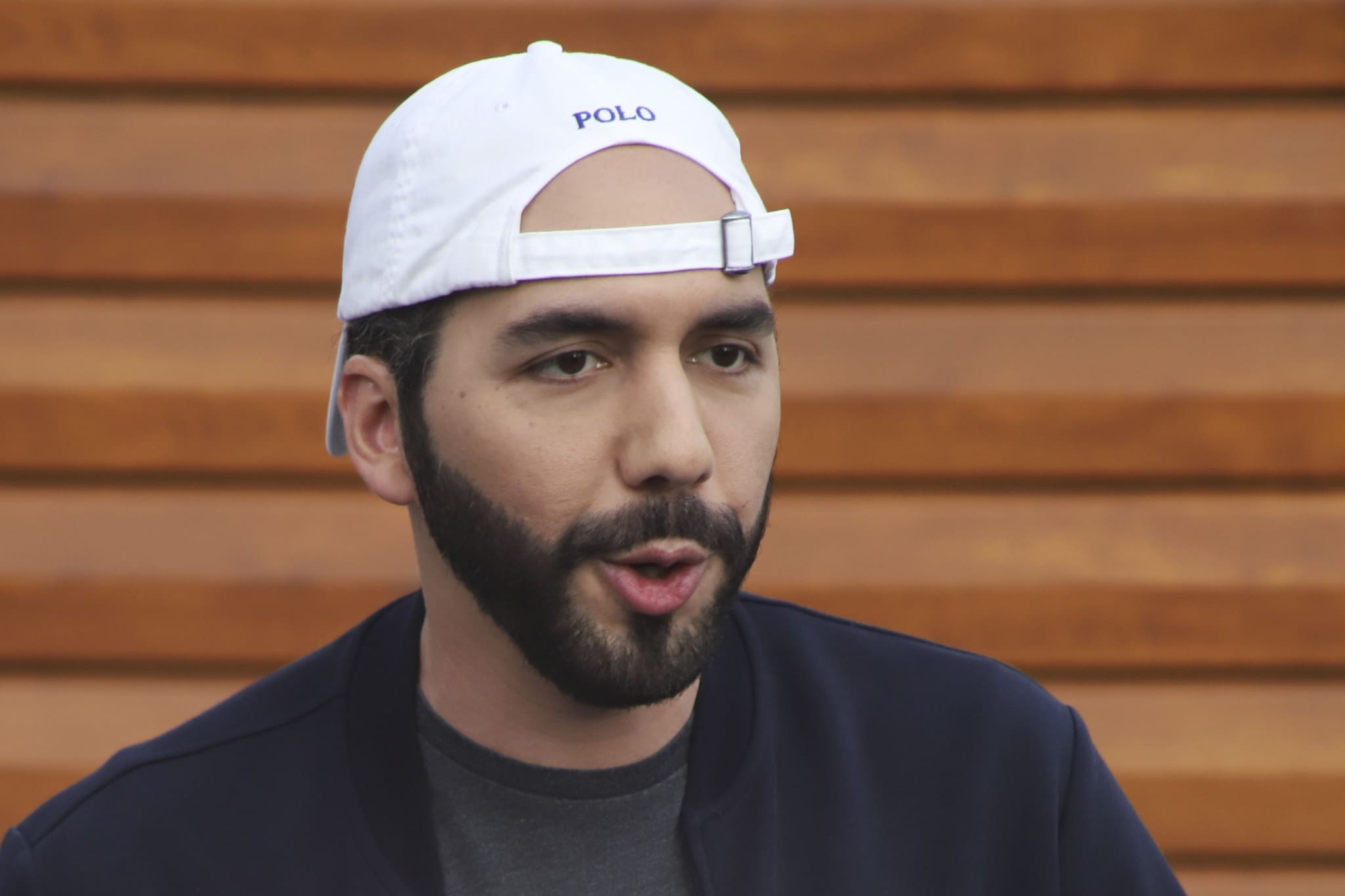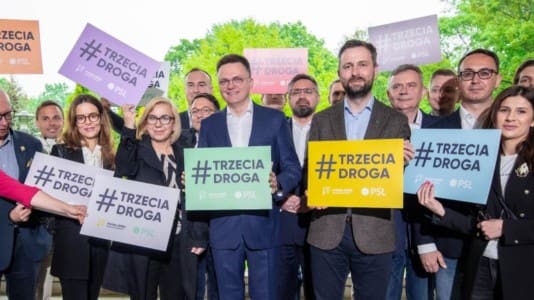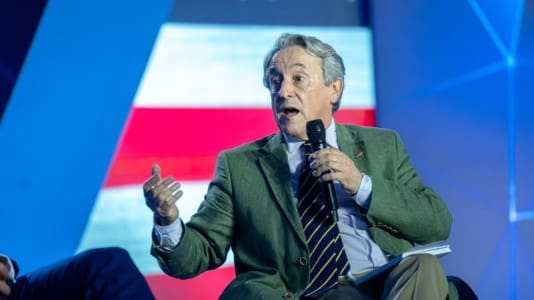El Salvador has accumulated 365 murder-free days since President Nayib Bukele took office in 2019, the Salvadoran leader announced on Thursday, having enjoyed just a single day without a registered homicide in the 15 years prior.
The precipitous drop in the homicide rate in one of the world’s most crime-ridden countries has been impressive and has been particularly prominent in the first five months of this year.
There have been 97 murder-free days so far this year up until May 13, up significantly from the 27 days recorded for the same period in 2022, and the three days in 2021. It is important to note that the government is not claiming the days were consecutive, but it still represents an unprecedented feat for a country that many experts said had the highest murder rate in the world before Bukele took power.
The significant decrease in the murder rate has been widely attributed to Bukele’s controversial crackdown on organized crime. The Salvadoran leader declared war on gangs in March 2022 after a spate of 87 gang-related murders in the space of just three days.
Bukele asked Congress to approve a temporary, month-long state of emergency to tackle the violence epidemic. The move suspended a number of constitutional rights and allowed police to make arrests without warrants, detain suspects without the right to legal representation, and enabled the state to access private communications.
This “temporary” state of emergency has been extended every month since March last year, raising the question of how far Bukele is prepared to suppress civil liberties to ensure public safety.
However, while the left-liberal press has decried the tactics, Bukele has a sky-high 91 percent approval rate with El Salvadorians. In many ways, the country was facing civil-war-like conditions, and during war, many countries suspend civil rights in order to address severe internal conflict and civil strife, including the American Civil War. Bukele has described gangs like MS-13 as becoming a state within a state, and a group that grew so powerful that it eventually challenged the government’s legitimacy.
There is no denying the policies implemented have worked to bring gangs to heel, but that is primarily because there are hardly any suspected gang members left on the streets.
The Salvadoran authorities have moved to arrest over 65,000 alleged gang affiliates, and while some of these arrests are viewed as speculative, the mass incarceration effort has undoubtedly broken the back of El Salvador’s notorious gangs.
The country already has the highest prison population per capita in the world and recently opened a new 40,000-capacity prison to cope with demand.
While Bukele’s presidency has been described as somewhat problematic for democracy, the Salvadoran leader is highly favored for re-election.
A poll published last month by La Prensa Grafica newspaper revealed 70 percent of Salvadorans support Bukele’s bid for a second term, an intention he announced last September. With his approval rating at over 90 percent, he is considered a shoo-in for the position.
Until recently, incumbent presidents were not allowed to seek re-election in El Salvador, a constitutional principle amended by the country’s Supreme Court in 2021. This sparked diplomatic tensions with the U.S., which accused the country of “backsliding” on democracy.
Bukele’s Nuevas Ideas (New Ideas) party won a congressional majority in February 2021 and replaced five Supreme Court justices and the independent attorney general just months later.






